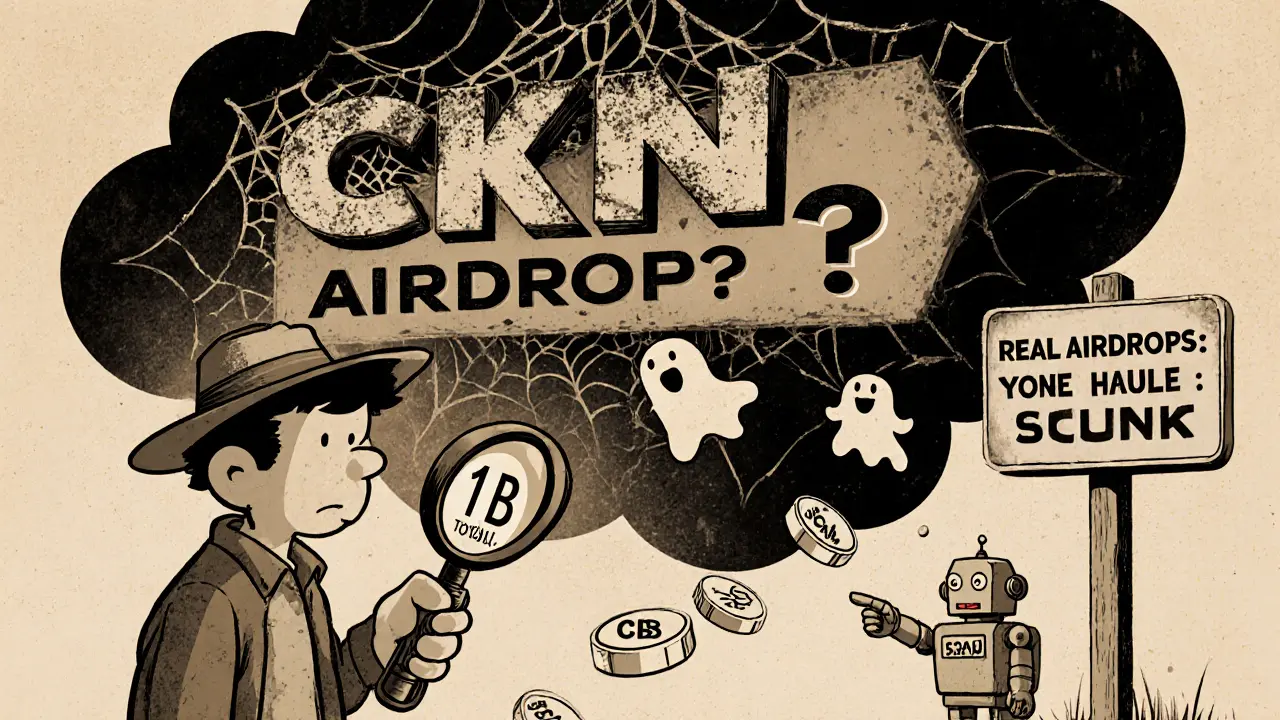CKN Airdrop: What It Is, How to Claim, and Why It Matters
When you hear CKN airdrop, a distribution of CKN tokens to eligible wallet holders as part of a blockchain project’s growth strategy. It’s not a giveaway—it’s a way for projects to spread adoption, reward early supporters, and build a decentralized community. The CKN token, the native currency of the CKN ecosystem, often tied to data sharing, node operations, or decentralized services isn’t just another crypto token. It’s designed to give users real control over their digital footprint. Projects like this often launch airdrops to bootstrap liquidity and attract users who might otherwise ignore a new chain or protocol.
But here’s the catch: not all airdrops are legit. The CoinMarketCap airdrop, a trusted platform that sometimes partners with blockchain projects to distribute tokens to verified users has been used in the past to verify participation, but scammers love to copy its name. If someone asks for your private key or a small fee to claim CKN, walk away. Real airdrops don’t ask for money. They don’t need your seed phrase. They just need your wallet address and maybe proof you’ve used a specific app or completed a simple task. And if you’re seeing CKN tied to a project that’s been around for years with no clear team or roadmap? That’s a red flag. Legit airdrops come from teams with public GitHub repos, active Discord channels, and clear tokenomics.
What makes CKN stand out isn’t the hype—it’s the utility. If this token powers a decentralized data network or rewards users for sharing bandwidth or storage, then holding it could mean real value over time. Unlike meme coins that vanish when the trend dies, tokens like CKN are built to be used, not just traded. That’s why people care about the airdrop: it’s not about quick cash. It’s about getting in early on something that might actually work.
Below, you’ll find real guides, scam alerts, and step-by-step breakdowns from people who’ve been through it. No fluff. No promises of riches. Just what you need to know before you click "claim"—and what to avoid so your wallet stays safe.

